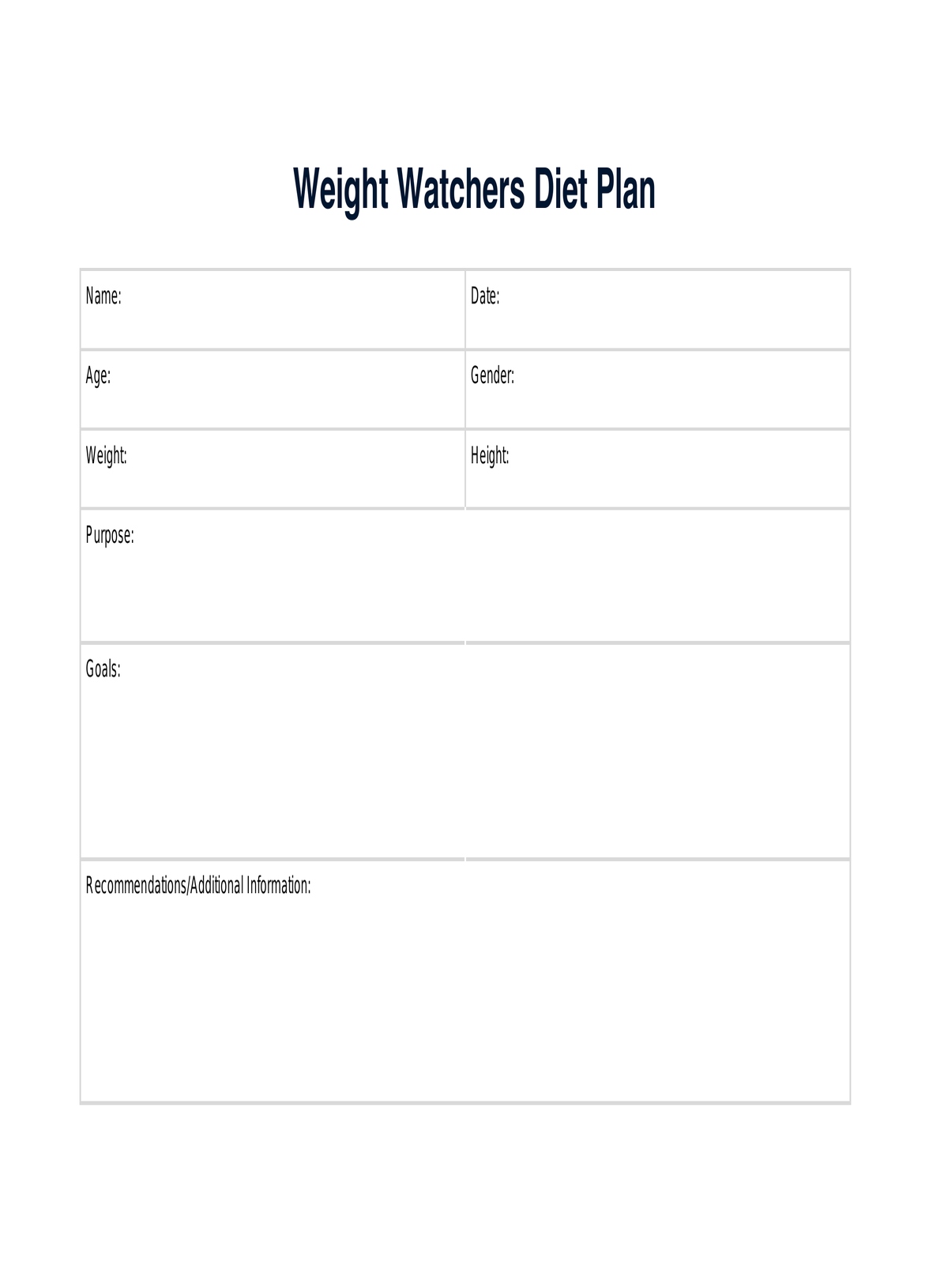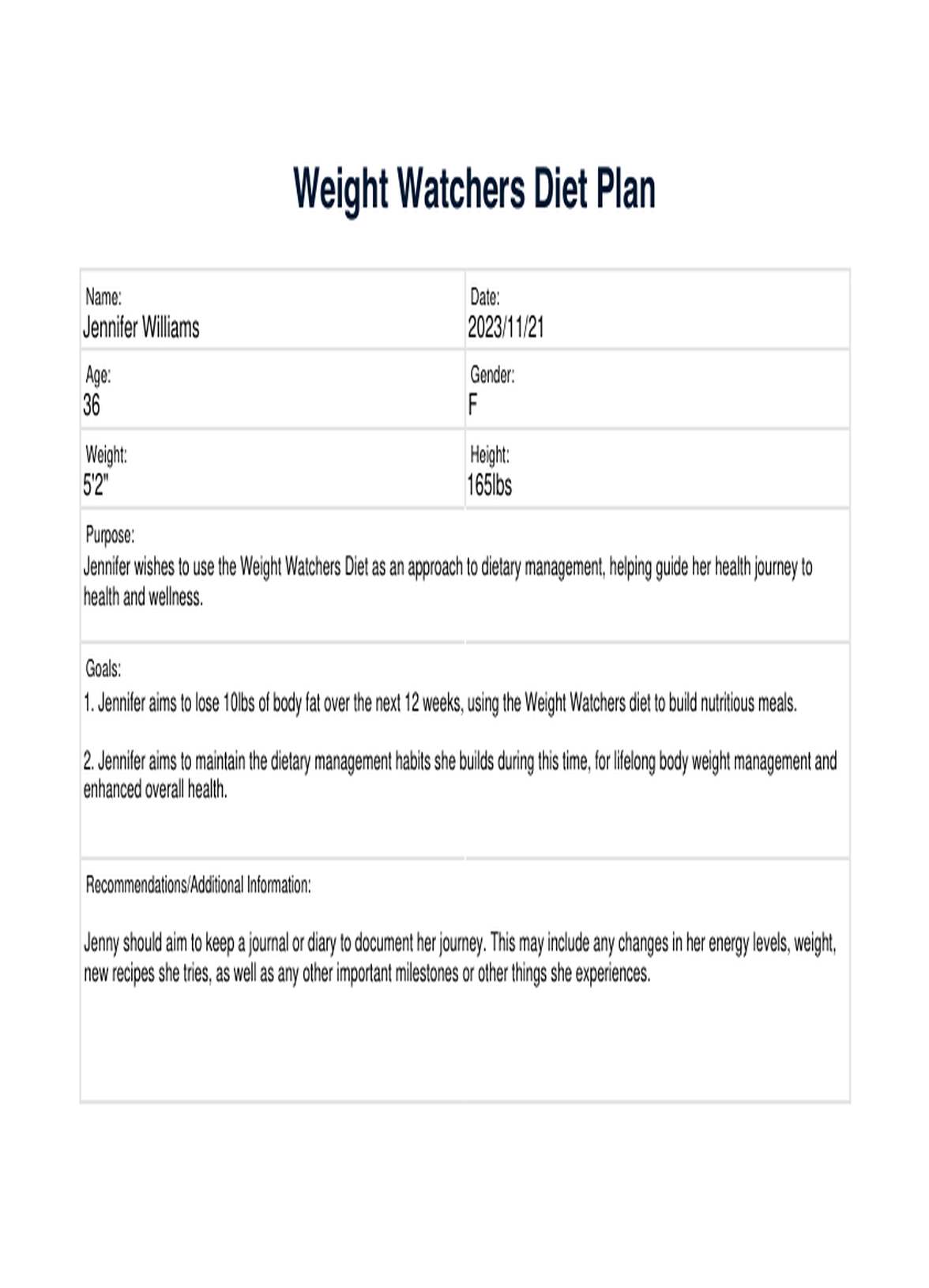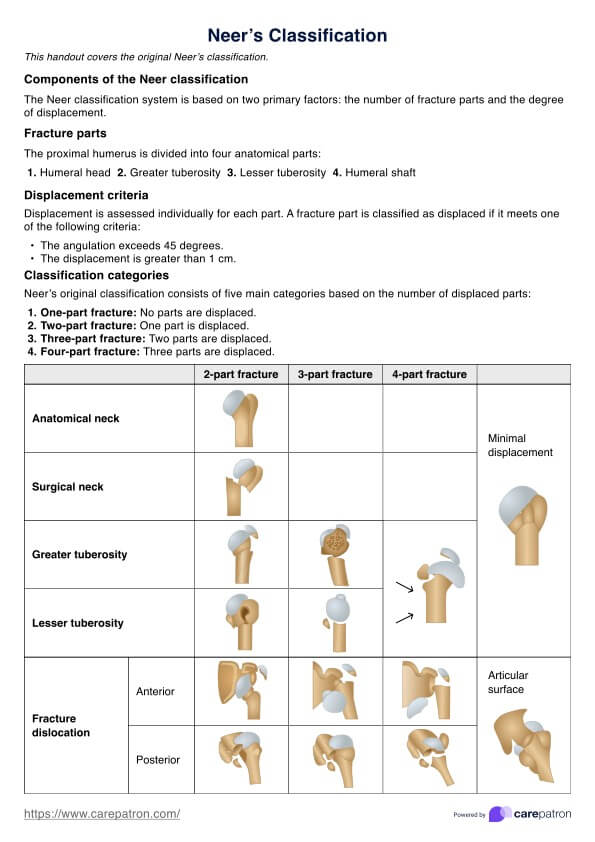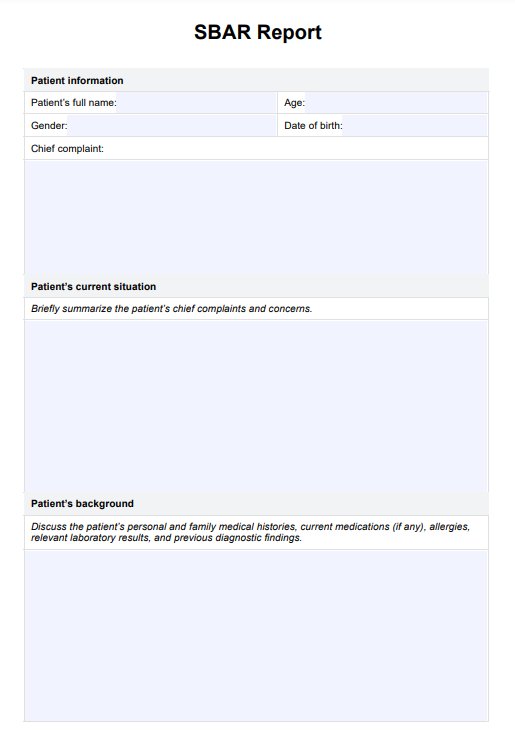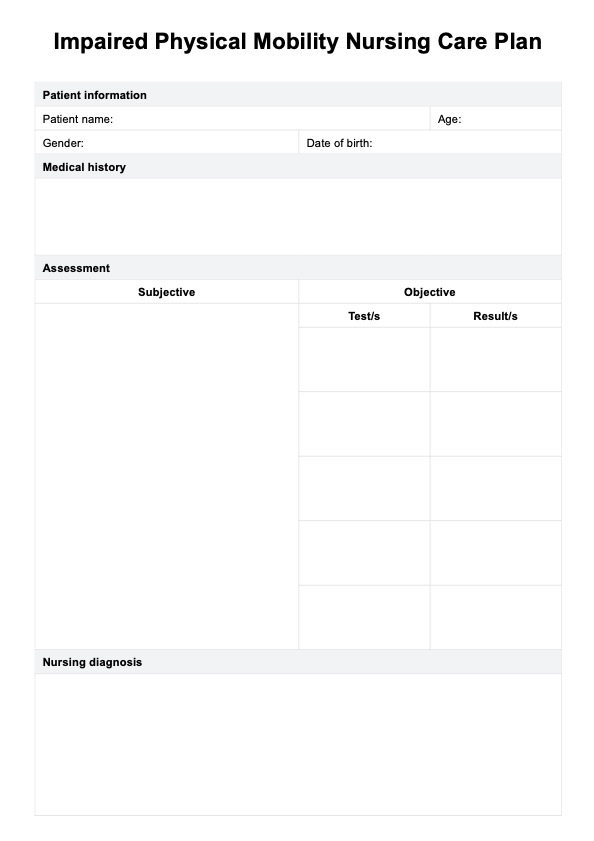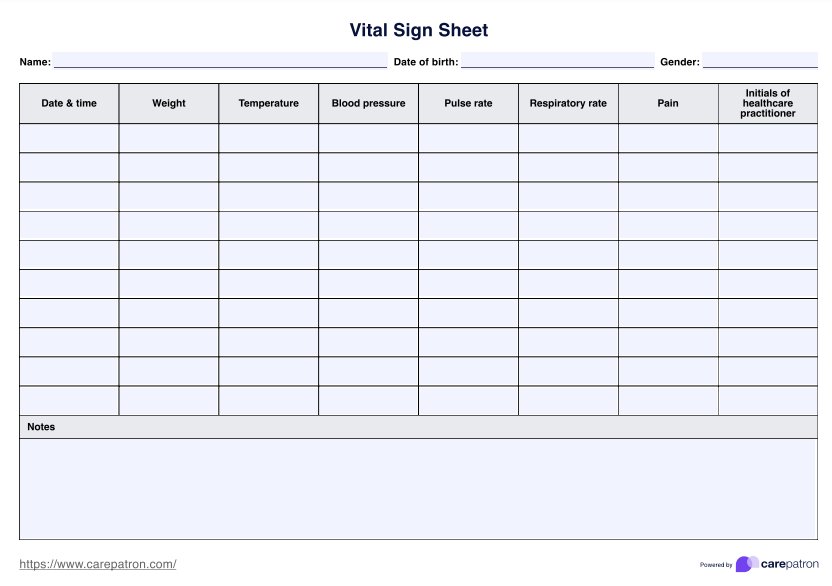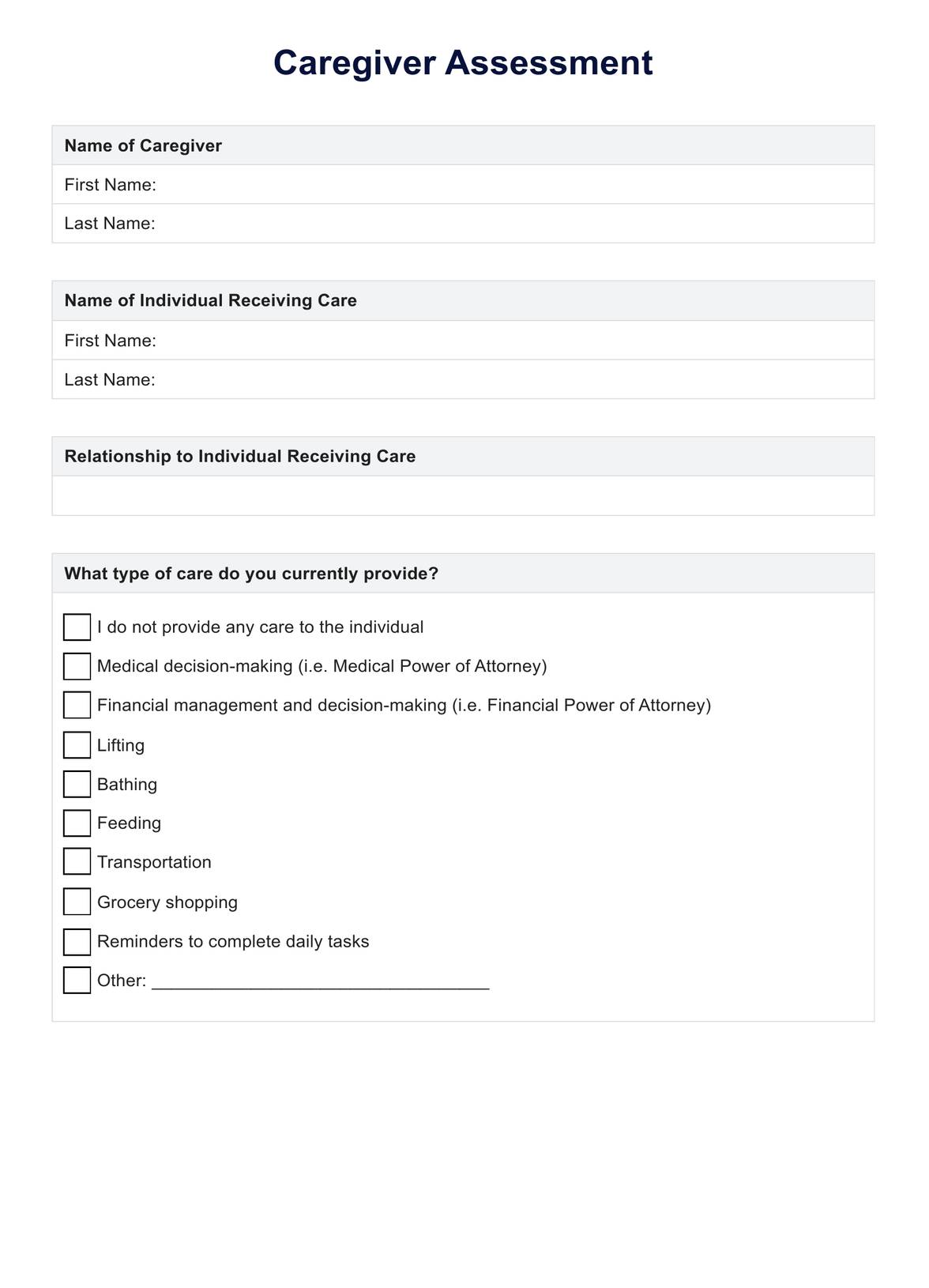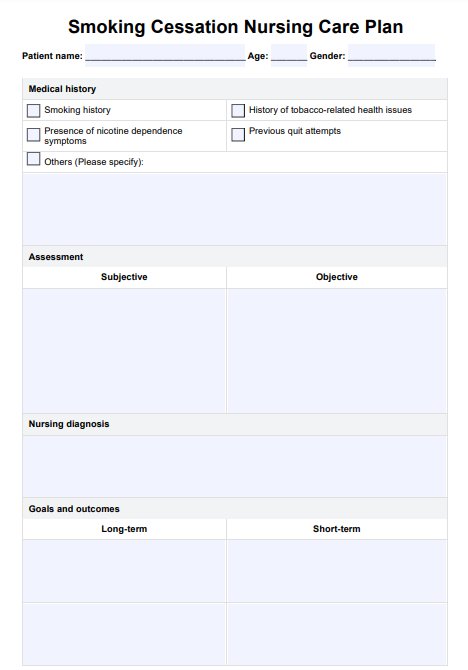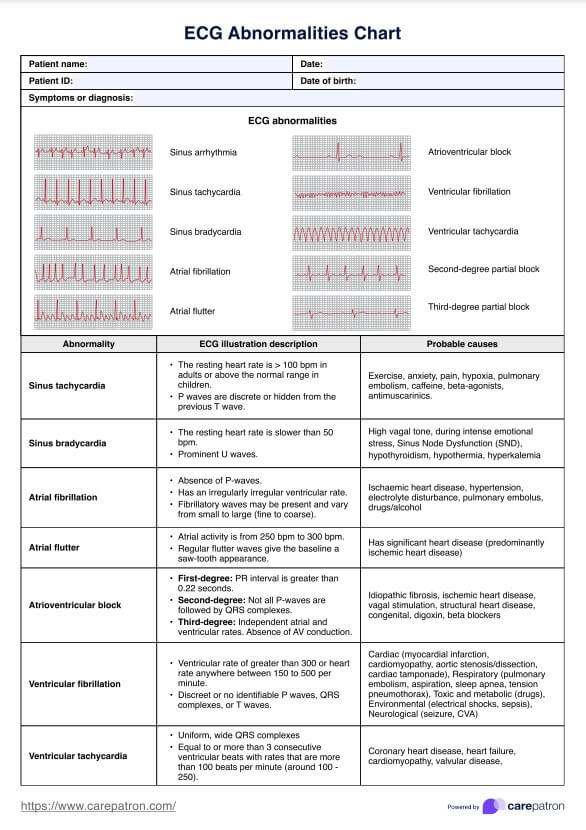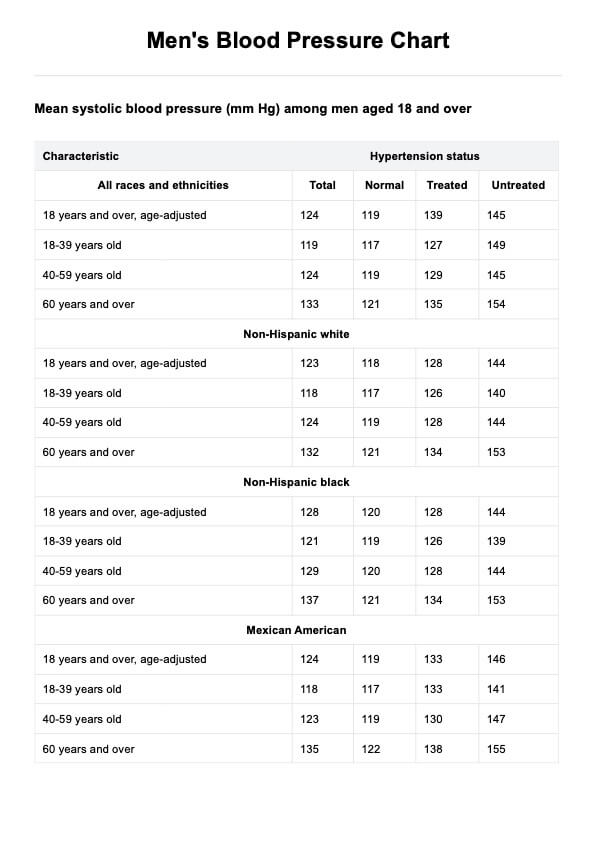Weight Watchers Diet
Discover the benefits of the Weight Watchers Diet Plan with our user-friendly, comprehensive guide. Get a free PDF download of a Weight Watchers Diet Plan example here.


What is a Weight Watchers Diet Plan?
The Weight Watchers Diet Plan is an informative guide to nutrition, advising individuals on choosing meals and finding recipes to include in their Weight Watchers journey. This specific resource and diet are designed for individuals seeking to lose weight and develop a simple approach to meal planning that prioritizes health and well-being.
The Weight Watchers Diet Plan seeks to enhance dietary management, using a SmartPoints system that simplifies food intake tracking without relying on calorie or macronutrient counting (SkinnyMs, 2018). SmartPoints assigns a target of points to accumulate for daily targets and meal intakes, assigning different foods different points based on their nutritional makeup (WeightWatchers, 2019).
Meals or food items that are more nutrient-dense or have lower calories have lower SmartPoints. Thus, individuals are encouraged to prioritize consuming food items with lower SmartPoints, incentivizing consumption of lower-calorie and more nutrient-rich foods. Individuals can plan their meals based on SmartPoint targets, simplifying meal planning, preparation, and healthy dietary management for weight loss (WeightWatchers, 2019).
A meal plan such as this removes the complexities around meals, providing a comprehensive guide to dietary management for weight loss. We at Carepatron have simplified this process by providing a comprehensive guide to the Weight Watchers diet. With access to a Weight Watchers Diet Plan, our guide can help kickstart your own or a client’s journey by providing meal options that you can use as a reference to devise a meal plan that suits individual needs and taste preferences.
Individuals and healthcare practitioners, such as registered dieticians or nutritionists, can implement the Weight Watchers Diet Plan to support a well-balanced diet that supports weight loss and enhances health and overall well-being. For improved client results and practice efficiency, utilize this meal plan template.
Weight Watchers Diet Template
Weight Watchers Diet Example
How Does It Work?
Using Carepatron’s Weight Watchers Diet Plan can help support your or a client’s journey for weight loss and enhanced wellness. The diet plan provides a structure for planning meals and snacks that align with the Weight Watchers diet while allowing individuals to customize it to suit their needs and preferences to support their process.
Step 1: Set your intentions
Before commencing a Weight Watchers Diet Plan, it is essential to establish your why. By developing a set of attainable goals and your purpose, you create intentions that will help remind you why you are embarking on this journey. During this process, schedule an appointment with your healthcare provider to help plan your goals and gain further recommendations that will aid a safe approach.
Step 2: Access the Weight Watchers Diet Plan
Obtain our Printable Weight Watcher Diet Plan here, or download the PDF copy as a framework to plan your meal and snack options. Our plan uses a 7-day format to allow you to plan your meals and snacks for the week in one go, simplifying grocery shopping and staying on track throughout the week. The plan can be adjusted as you try new recipes or explore other options.
Step 3: Meal Planning
Choose some recipes you would like to try and begin documenting them in the meal plan. Be sure to include some snack options for when you may feel peckish. In this step, include various food options and focus on incorporating meals and items you enjoy to ensure adherence.
Step 4: Plan Your Grocery List
After planning meals and snacks, write up your weekly grocery list. Doing this step ensures you have all you need for meal preparation and can be a time-saver in the grocery store.
Step 7: Track Your Progress
Keep an ongoing journal or diary that monitors any changes in food preferences, energy levels, or other progressions they experience on their journey. The road to weight loss and overall wellness can be challenging at times.
Having a document that reminds an individual of their goals and progress so far can boost morale and remind them of why they are taking this journey in the first place. Furthermore, individuals can also express their preferences and any concerns they may have, which they can bring to future health consultations to seek advice.
When Would You Use This Plan?
The Weight Watchers Diet Plan can guide weight loss journeys, improve dietary management, and enhance overall well-being through diet and lifestyle changes. It can also be used for clients who require flexibility, want to develop healthy habits, or want to enhance their food awareness. Furthermore, our Weight Watchers Diet Plan can be used for the following:
Dietary Management
For individuals seeking to enhance their approach to nutrition, the Weight Watchers Diet Plan is an effective resource that can guide dietary management. The structure of this resource allows individuals to plan their meals following the recommendations from diets like Weight Watchers. Furthermore, the plan is easily customized to suit your needs, restrictions, and preferences.
Meal Planning
Having a structure that plans out every meal and snack option means individuals can spend less time thinking about food and SmartPoints, and more time doing the things they love. This is particularly beneficial for individuals on the go, who are likely to spend less time planning and preparing their meals. Furthermore, planning meals before the week begins can give individuals more time to look for new recipes, inspiring new ways of cooking and enjoying food.
Grocery Shopping
Once meals are planned, the diet plan can help inform grocery lists, saving time and reducing confusion about foods, assisting individuals to stay within SmartPoint recommendations.
Weight Loss
For individuals on a weight loss journey, the Weight Watchers Diet Plan can be an incredibly resourceful way to approach it. The Weight Watchers Diet itself, seeks to prioritize foods of higher nutritional value, with lower calories to help individuals remain within a caloric deficit to reduce weight. Using our plan can make this process less daunting, as it breaks down meal planning into manageable steps that can alleviate dietary management complexities.
What do the Results Mean?
Results from the Weight Watchers Diet may vary amongst individuals, depending on several influencing factors. This may include lifestyle behaviors, physical activity level, genetics, metabolism, and adherence to the diet. Here are some common experiences and what they may mean for the individual:
Weight Loss
The Weight Watchers diet is primarily a dietary approach to weight loss, focusing on lower-calorie, nutritional food options. Adhering to the diet and the SmartPoints recommended, individuals may fall into a caloric deficit, resulting in weight loss.
Reduced Risk of Chronic Illness
Adherence to the program may normalize blood sugar and cholesterol levels and reduce body weight, reducing the risks of symptoms or onset of chronic illnesses such as type 2 diabetes and obesity (Ahem et al., 2020, cited by WeightWatchers, 2021). This can mitigate further health complications associated with these diseases, enhancing overall well-being.
Blood Sugar Control
The focus on nutritionally-dense options over processed foods in the SmartPoints system can encourage individuals to consume foods that help normalize and stabilize blood sugar levels. This can help improve health outcomes for those with prediabetes and diabetes complications (Marrero et al., 2016, cited by WeightWatchers, 2020; O’Neil et al., 2016, cited by WeightWatchers, 2020).
Enhance Behaviors
A comprehensive diet plan can help manage eating behaviors, where informed dietary choices that prioritize nutritionally-dense items may satisfy hunger and cravings. This can reduce the chance of reaching for unhealthy options when hunger or cravings occur (WeightWatchers, 2018; WeightWatchers, 2020).
The journey to enhancing health and dietary management can begin here. By accessing our Free Weight Watchers Diet Plan, you can access a comprehensive guide that can inspire a new approach to nutrition and centralizing health and well-being.
Research & Evidence
The Weight Watchers diet is a widely accepted dietary management strategy. It is renowned for its ability to help individuals achieve their weight goals and develop healthier habits to help them keep doing what they love.
These findings have been proven in empirical research similar to the study conducted by Ahern and colleagues, which found that weight loss during a 52-week Weight Watchers was more effective than advice or self-help alone, and 63% of weight loss was maintained two years following the program (Ahern et al., 2017). Additionally, participants in this study had large reductions in waist circumference, fat, and lower concentrations of fasting interventions, which are often associated with chronic illnesses like cardiovascular disease (Ahern et al., 2017).
Diet plans can help individuals plan healthier meals that ensure individuals are getting a wide variety of nutrients, promoting health and well-being. As a resource, the Weight Watchers Diet Plan allows individuals to plan their meals following the Weight Watchers diet. Meal preparation has been observed to improve adherence to diets, where the International Journal of Obesity found meal planners less likely to choose unhealthy options when hunger or cravings occur and eat less during meal times (WeightWatchers, 2018). These results may have occurred because individuals have options, which can save time spent on decision-making and meal preparation, making it simpler and faster to choose more nutritious options.
Furthermore, making diet plans also saves money, reduces food waste, saves time, and introduces a more varied diet that increases the nutrients to feed the mind and body (WeightWatchers, 2018).
References
Ahern, A. L., Wheeler, G. M., Aveyard, P., Boyland, E. J., Halford, J. C. G., Mander, A. P., Woolston, J., Thomson, A. M., Tsiountsioura, M., Cole, D., Mead, B. R., Irvine, L., Turner, D., Suhrcke, M., Pimpin, L., Retat, L., Jaccard, A., Webber, L., Cohn, S. R., Jebb, S. A., (2017). Extended and standard duration weight-loss programme referrals for adults in primary care (WRAP): a randomized controlled trial. DOI: https://doi.org/10.1016/S0140-6736(17)30647-5
SkinnyMs (2018; updated 2022). 28-Day Weight Watchers Meal Plan. SkinnyMs. https://skinnyms.com/28-day-weight-watchers-meal-plan/
The Holy Mess (2022). Weight Watchers 7 Day Meal Plan: Basic Plan with FREE Printable. The Holy Mess. https://theholymess.com/weight-watchers-7-day-meal-plan-basics/#comments
WeightWatchers (2018). Meal Planning for Beginners: A Complete Guide. https://www.weightwatchers.com/us/blog/weight-loss/how-to-meal-plan
WeightWatchers (2019). A 5-day meal plan to get you started on Blue. WeightWatchers. https://www.weightwatchers.com/us/blog/weight-loss/myww/blue/5-day-meal-plan
WeightWatchers (2019). SmartPoints to make healthy eating simpler. WeightWatchers. https://www.weightwatchers.com/us/how-it-works/smartpoints
WeightWatchers (2020). Science-proven truths about the WeightWatchers Program. WeightWatchers. https://www.weightwatchers.com/us/science-center/independently-proven-truths-on-ww#:~:text=63%25%20of%20the%20weight%20lost,at%20two%2Dyear%20follow%20up.&text=WeightWatchers%20is%20the%20most%20cost%2Deffective%20nonsurgical%20weight%20loss%20treatment.
WeightWatchers (2021). 7 day meal plan for weight loss. WeightWatchers. https://www.weightwatchers.com/nz/food/7-day-weight-loss-meal-plan
Commonly asked questions
Weight Watchers diets have had no directly related serious physical risks or side effects. However, they are not recommended for individuals under 18, pregnant, or below the healthy body mass index (BMI) range relative to their group. If you have any concerns or are considering doing the Weight Watchers diet, it is highly advised to schedule an appointment with your healthcare provider to discuss whether this is the right plan.
Weight Watchers Diet Plans can be used for various scenarios to guide and plan meals according to the Weight Watchers diet. This may include weight loss, dietary management, or meal planning.
Weight Watchers Diet Plans are used to plan meals and snacks ahead of time, making it easier for individuals to shop for groceries, save time, and adhere to the diet.


